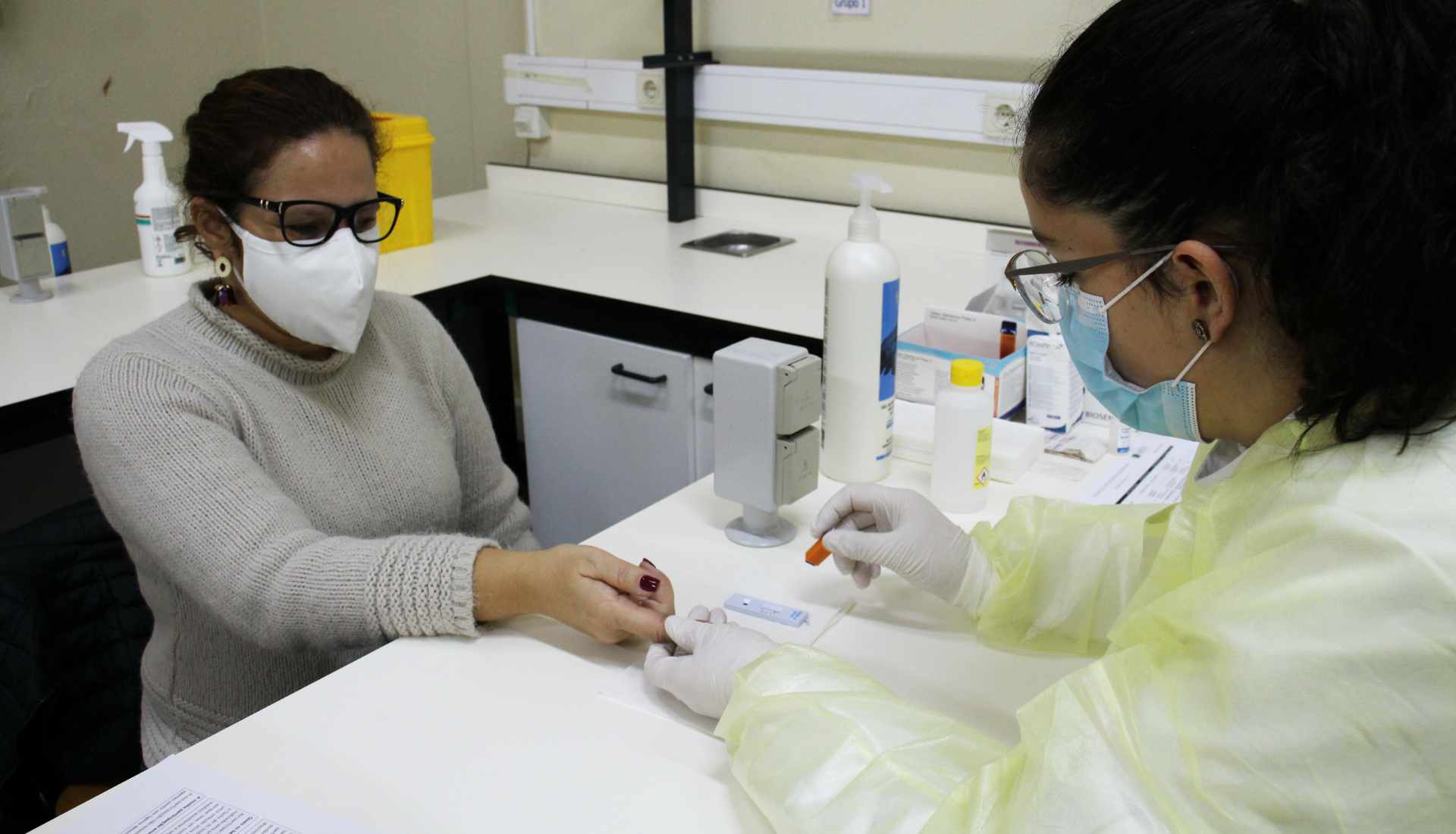How did the life of the Portuguese people evolve, during and after the second lockdown? The most recent data from the study “Diaries of a Pandemic” shows, for example, that between the beginning of February and the beginning of April, face-to-face work increased by 49%, the vast majority of citizens (90%) wish to be vaccinated, contacts outside the household increased, as did trips to the beach and public green spaces, older people went to supermarkets and non-essential shops more, and online ordering fell to less than half.
The results now released in this report include responses from 3795 participants, aged 16 to 89, who completed over 170,000 questionnaires between February 3rd and April 11th 2021.
90% of participants wish to be vaccinated. Rise in face-to-face work
Nearly 90% of participants in the Diaries of a Pandemic expressed, over the 10 weeks analysed, their intention to be vaccinated. Older people and those who indicated they had higher incomes were the ones who showed the most desire to receive the vaccine.
Between the beginning of February and the beginning of April, face-to-face work (away from home) rose by 49% and was more frequent in the Centre and North regions of the country, as well as among workers with lower incomes.
Teleworking was more common in the Lisbon Metropolitan Area, among people aged 60 and over, and among those with higher incomes. During the period under analysis, there was an overall decrease of 20% in teleworking.
Increase in contacts outside the household and visits to the homes of friends, relatives, or colleagues
Between February and April, there was an 82% increase (from 33% to 60%) in the proportion of citizens who contacted people outside their household (including professional contacts) at a distance of less than 2 metres for 15 minutes. These contacts were more frequent among participants aged between 30 and 39 and residents in the Centre and North of Portugal.
The use of public transportation was globally low among the participants of the Diaries of a Pandemic. This modality of travel was more used by individuals under 30 years of age and those with lower incomes.
In turn, visits to friends’, relatives’ or colleagues’ houses increased by 50%, being more frequent in the Northern and Central regions of Portugal and more frequent among those aged less than 30 years old.
Throughout the 10 weeks studied, there was an increase in face-to-face contacts by citizens of all age groups. However, respondents aged 60 or over indicated that they had had fewer face-to-face contacts with other people (in February, 24% of older people mentioned a total absence of face-to-face contacts).
Another fact to highlight relates to the high use of telephone or Internet-based contacts. 90% of respondents to the Diaries of a Pandemic used these means of communication to talk to people outside their household, although older people and people with lower incomes had fewer of these contacts.
With regards to going out for walks or exercising, it was found that these were mainly avoided at the beginning of February, having increased by 32% by April. Those who went out for walks or exercise were older, residents of the Lisbon Metropolitan Area and people with highest incomes. Trips to the beach or public green spaces more than doubled (from 8% to 17%), from the beginning of February to April 11th, and were more frequent amongst residents of the Lisbon Metropolitan Area.
Trips to health care services for non-COVID-19 reasons and trips to shops
Trips to health care service providers for reasons other than COVID-19 fell 31% throughout the month of February and then increased 17% until April and were most frequent amongst residents of the North region and the Lisbon Metropolitan Area. Visits to pharmacies followed a similar trend, although they were more common than trips to other health care, especially among older people.
Visits to supermarkets were mentioned by more than one-third of the participants in the study (although they were more avoided in the middle of February). Older people went to these commercial establishments more, as did residents of the Lisbon Metropolitan Area and respondents with lower incomes.
Visits to shops considered to be non-essential were not very frequent but increased by four times between February and April (from 4% to 16%). They were most frequently mentioned by older people and those living in the Lisbon Metropolitan Area.
During the 10 weeks of analysis, online ordering fell to less than half. Online shopping was always more common among people aged between 30 and 39 and less common among those aged 60 and over.
Continue to take part in the Diaries of a Pandemic!
The Diaries of a Pandemic study is an investigation conducted by the Instituto de Saúde Pública da Universidade do Porto (ISPUP) and by the Instituto de Engenharia de Sistemas e Computadores, Tecnologia e Ciência (INESC TEC), in partnership with the newspaper PÚBLICO.
On February 3rd, 2021 the second phase of the study began and has since then been collecting information on how the Portuguese act in relation to a set of situations that could influence the course of the COVID-19 pandemic in Portugal.
To participate, simply answer the survey: https://diariosdeumapandemia.inesctec.pt/



